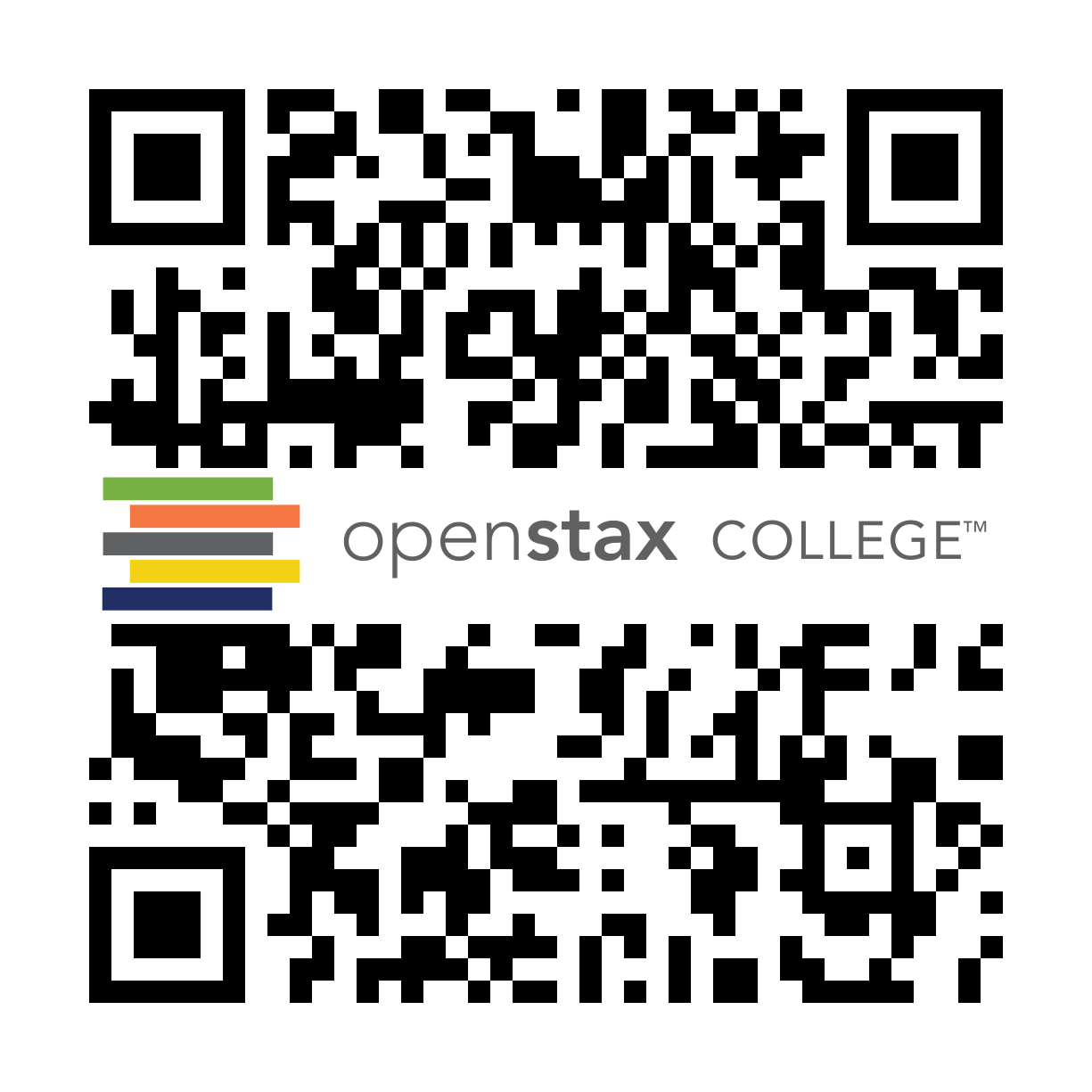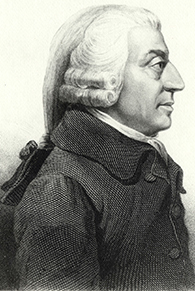The Problem of Scarcity
Think about all the things you consume: food, shelter, clothing, transportation, healthcare, and entertainment. How do you acquire those items? You do not produce them yourself. You buy them. How do you afford the things you buy? You work for pay. If you do not, someone else does on your behalf. Yet most of us never have enough income to buy all the things we want. This is because of scarcity. So how do we solve it?
Visit this website to read about how the United States is dealing with scarcity in resources.

Every society, at every level, must make choices about how to use its resources. Families must decide whether to spend their money on a new car or a fancy vacation. Towns must choose whether to put more of the budget into police and fire protection or into the school system. Nations must decide whether to devote more funds to national defense or to protecting the environment. In most cases, there just isn’t enough money in the budget to do everything. How do we use our limited resources the best way possible, that is, to obtain the most goods and services we can? There are a couple of options. First, we could each produce everything we each consume. Alternatively, we could each produce some of what we want to consume, and “trade” for the rest of what we want. Let’s explore these options. Why do we not each just produce all of the things we consume? Think back to pioneer days, when individuals knew how to do so much more than we do today, from building their homes, to growing their crops, to hunting for food, to repairing their equipment. Most of us do not know how to do all—or any—of those things, but it is not because we could not learn. Rather, we do not have to. The reason why is something called the division and specialization of labor, a production innovation first put forth by Adam Smith (Figure) in his book, The Wealth of Nations.
